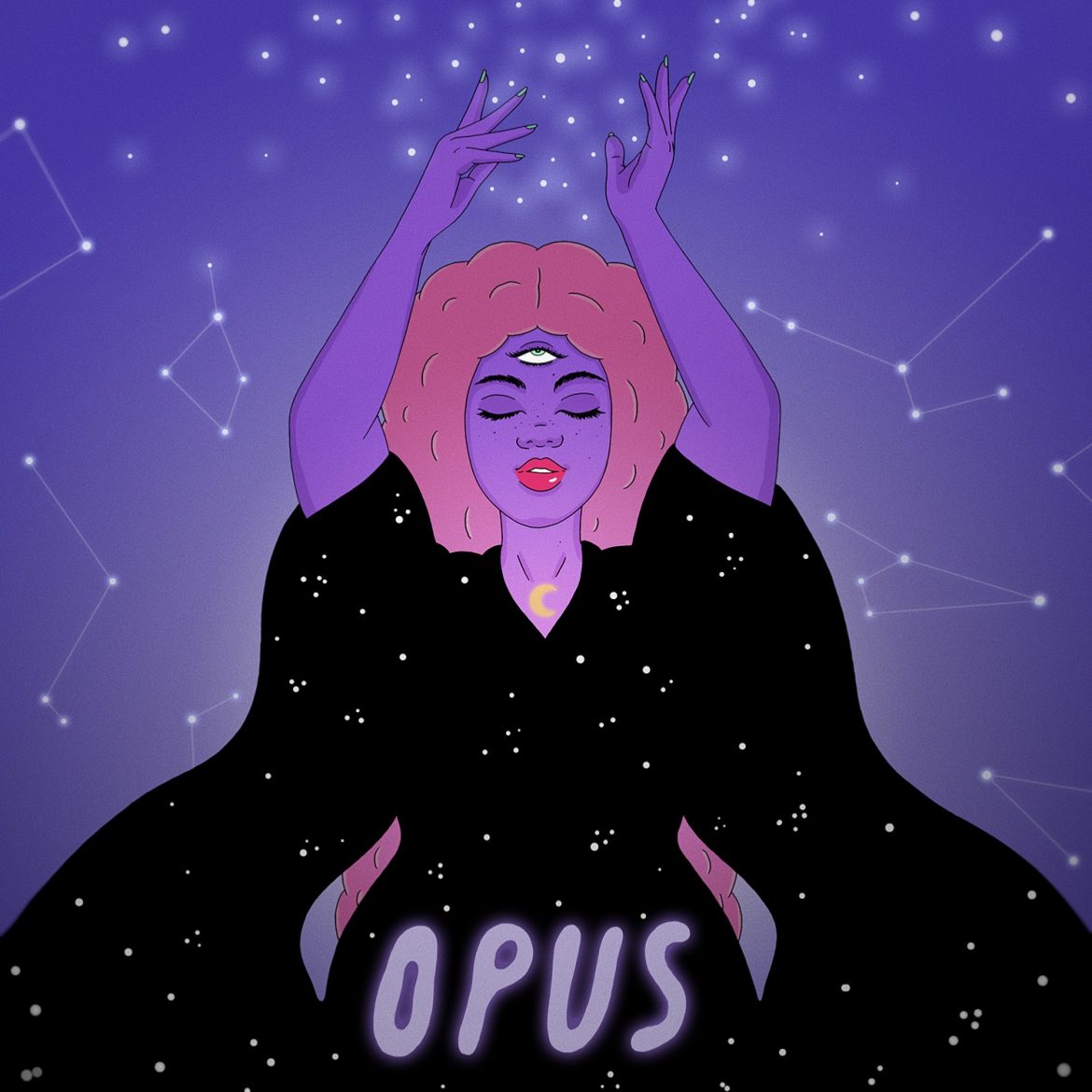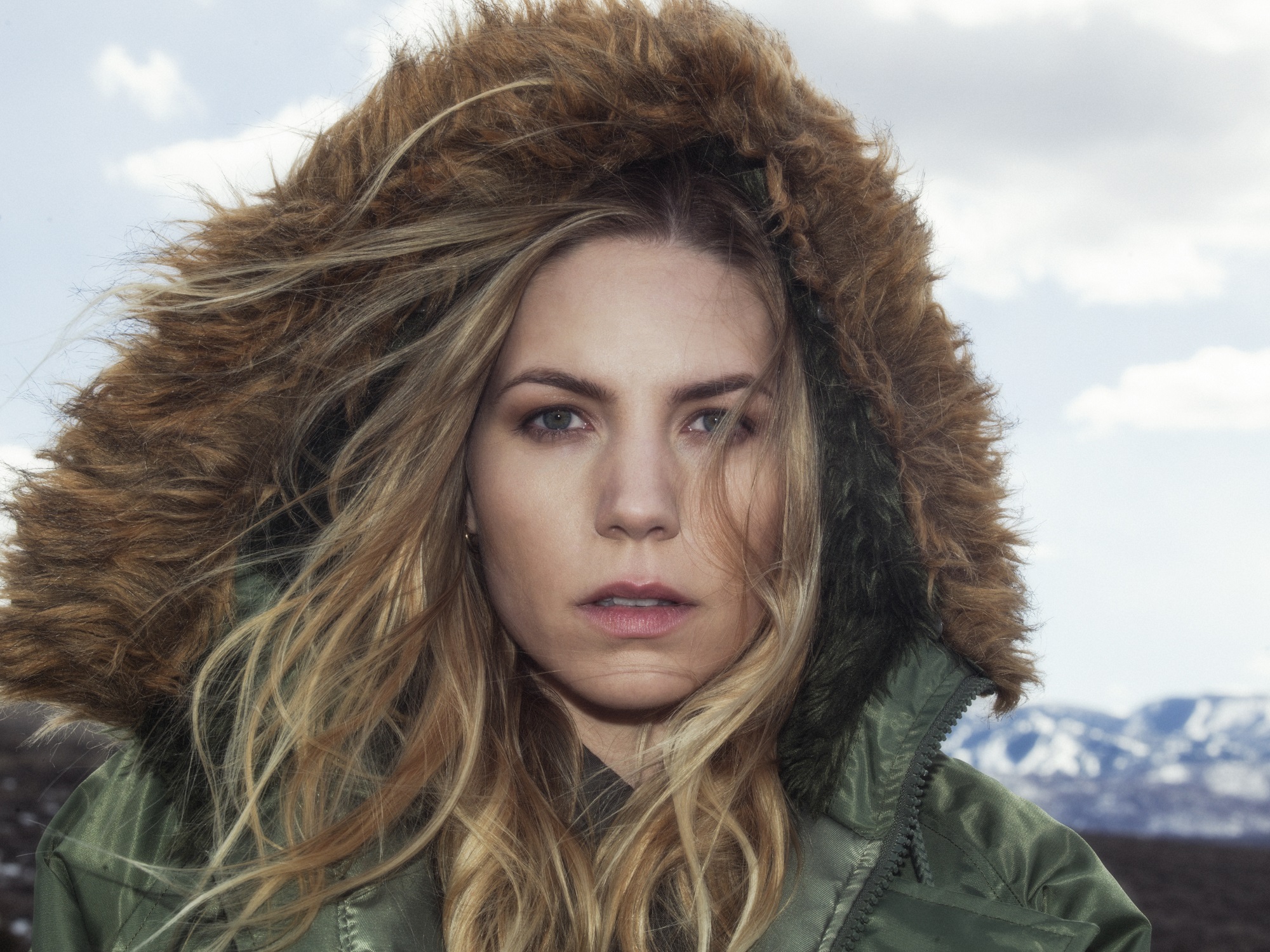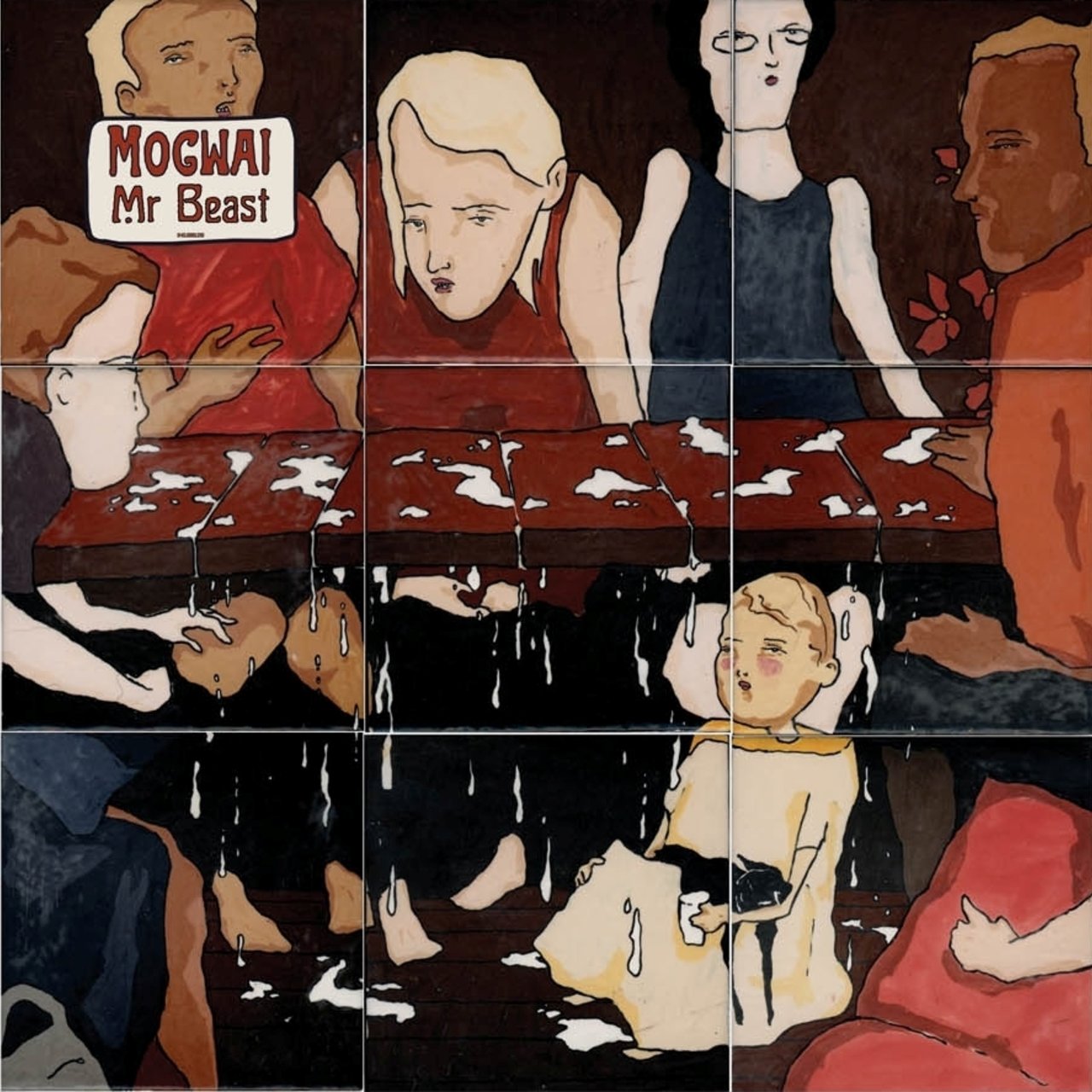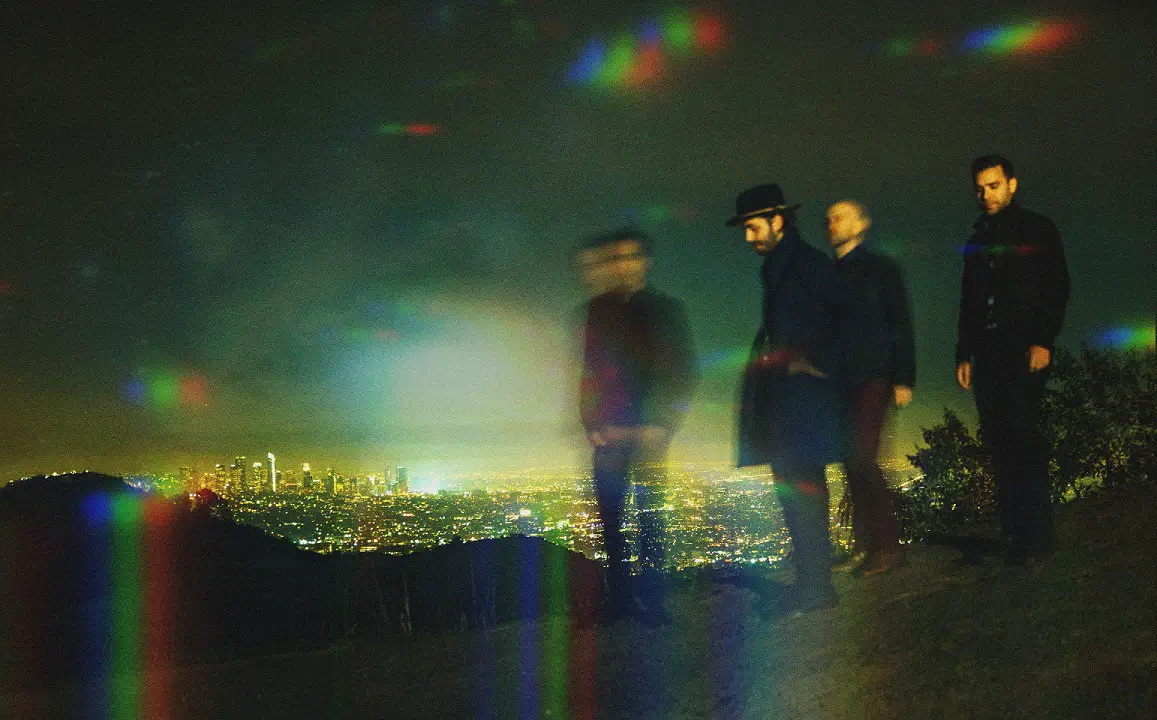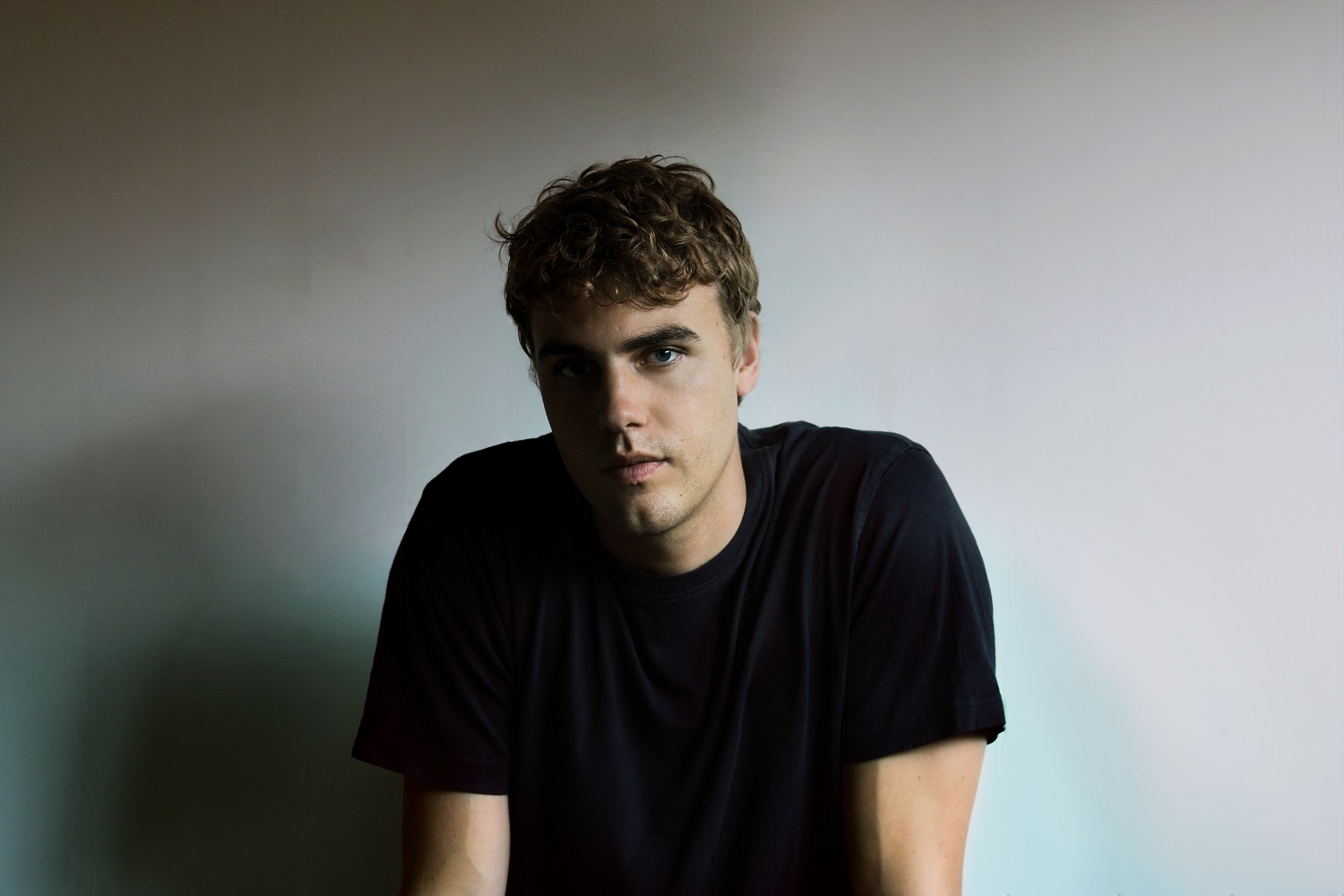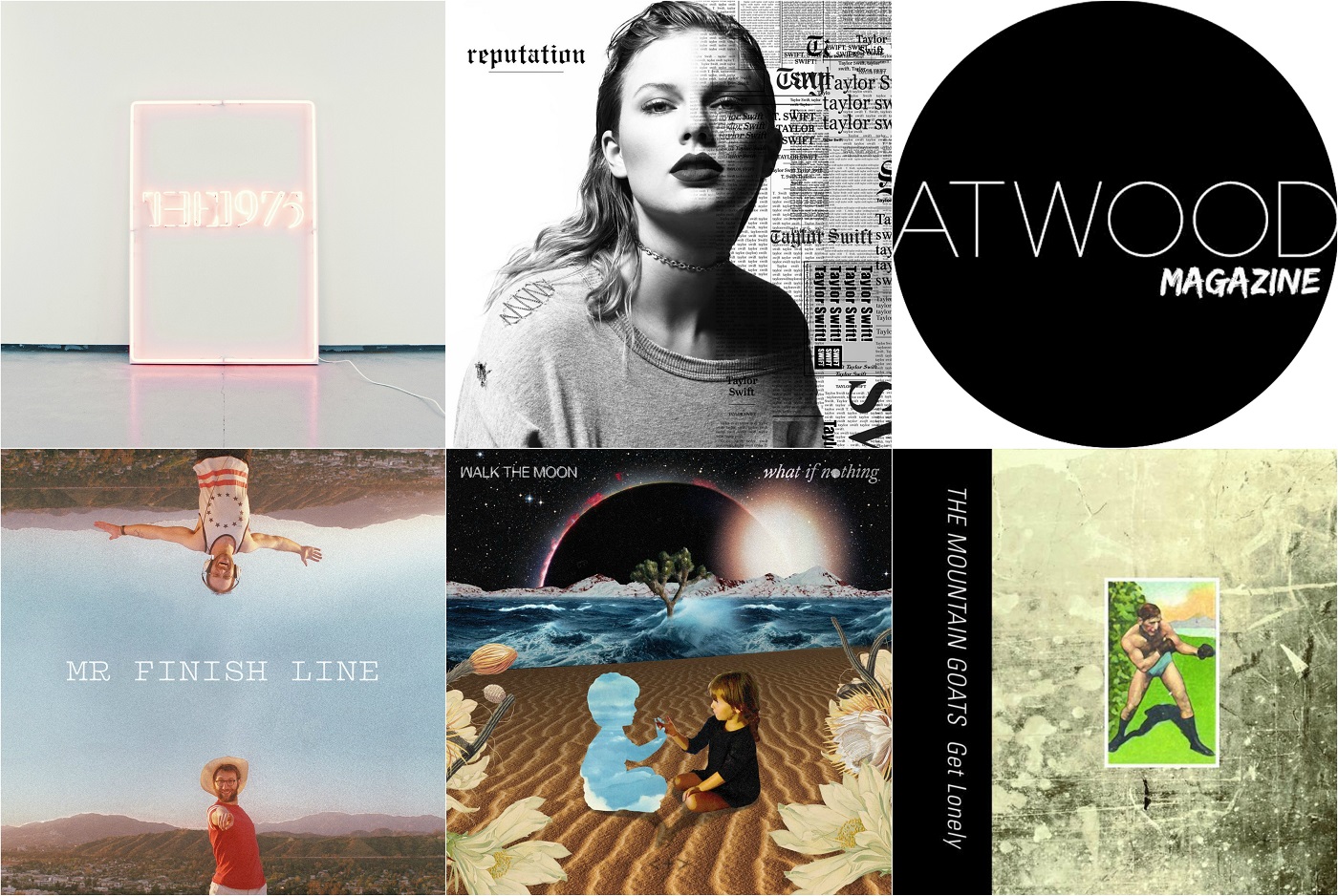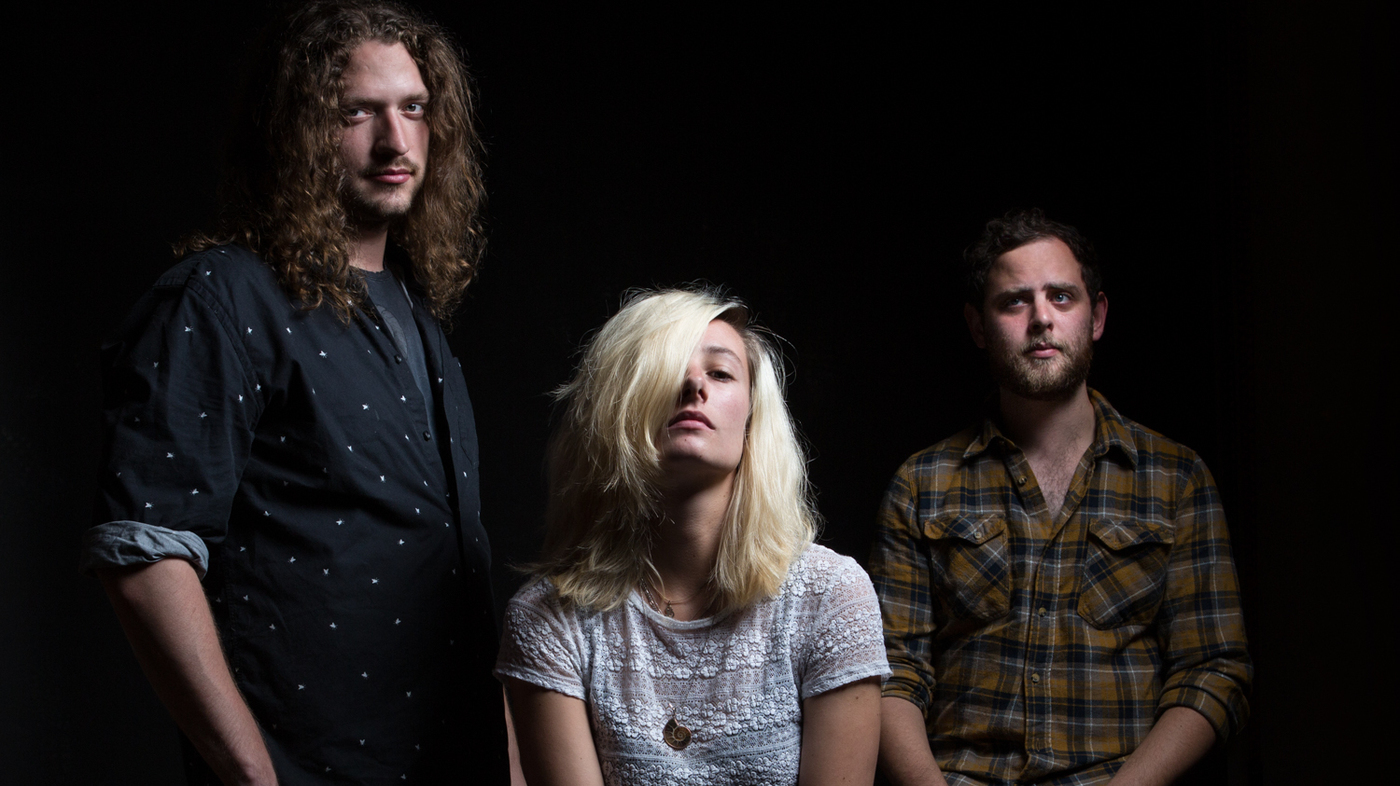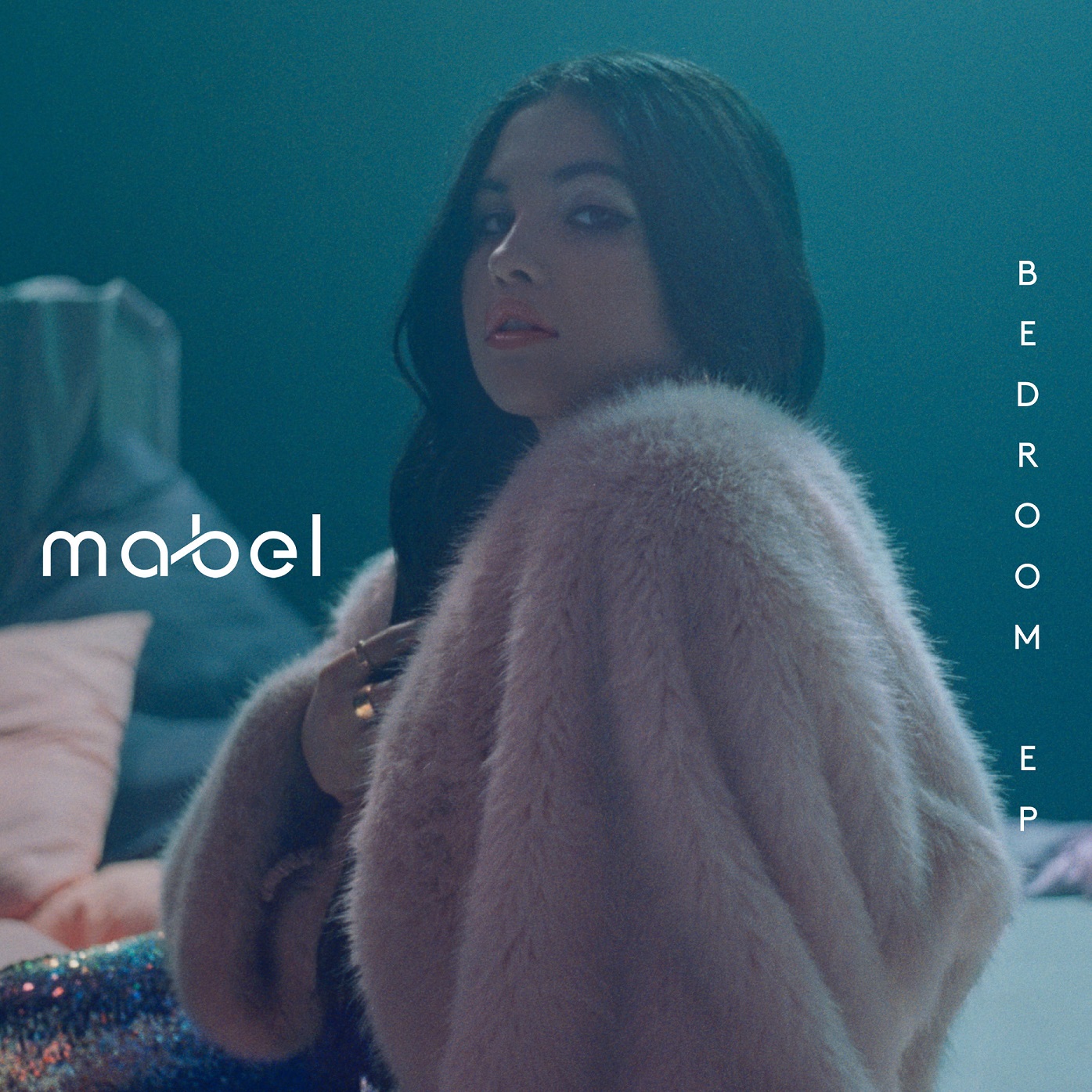Adult Swim celebrates Women’s History Month with ‘Opus,’ one of their most sonically diverse compilations yet, and Atwood Magazine spoke with team members behind its creation to get the full picture.
•• •• •• ••
The influence and prestige Adult Swim has in the music industry make it an incomparable powerhouse of innovation, exploration, and discovery. Whether it be by the Singles series or the richly detailed compilation albums they curate, Adult Swim knows music, and it’s through this knowledge that it can create an album dedicated to these lived-in moments, something Opus exudes through each track present on it.
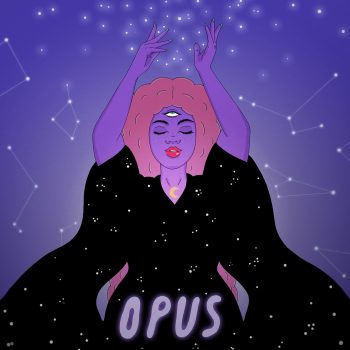
Created to celebrate Women’s History Month, Opus is a mélange of styles that culminates in a listening experience nonpareil. The sonically diverse selection on the album creates layer after layer of intrigue and joy, each new song a new avenue or soundscape to lose one’s self to. By providing such a textured experience, Opus creates a much-deserved spotlight on these 14 independent female artists and amplifies the efforts of female artists across the board.
High energy and infectious beats from Mother Nature’s song “Q’z” serve as the launching pad to what’s to come. The danceability present is immense, making for a fervent track and one that sets the stage for what the rest of Opus will be offering. The high energy turns into the psychedelic with “The Link Is About To Die” by Los Bitchos. The guitar riffs create a frenzy, continuing the trend of danceable tunes, only this time with a Latin flair.
Watch: “The Link Is About To Die” – Los Bitchos
https://www.youtube.com/watch?v=ASrS7GrhBH0
Moving into Ahya Simone’s “Frostbite,” the mood switches to a placid one, the focus on harp bringing a celestial quality to the mix. MJ Guider then leaves listeners in a haze with “FM Secure,” creating tension and exhilaration through the sparse, almost ambient, instrumentation and faded vocals. The Latin flair makes a welcomed return with “Libre y Serena” by Diana Gameros. Her dulcet vocals add a harmonious touch to Opus, further elevating the experience through the track’s whimsical nature. It’s then a 180 with Linqua Franqa and her song “the good feels.” Rhythmic drumbeats provide the entrance to the slick flow from Franqa, building into a beat one would be hard-pressed not to be enamored by.
And now enters the brass with Brandee Younger’s “Lindalee.” Sax and trumpet collide to create a funk and jazz-fusion unlike any other. A gorgeous pop melody then joins the scene with “Another Life (Otra Vida)” by Drea Real. Pair those melodies with her lush incantations and the result is a song that will stay with listeners well after its finish. Listeners are then taken into a raunchy and inexplicably enticing soundscape with “Dicksciplined.” Ms. Boogie utilizes the synths to great effect, having them swirl around listeners with bustling energy. That energy is then slowed down with “Rainbow Bridge.” It may not be raunchy, but the dreamlike soundscapes made by Fire Toolz allow for one to enter a gorgeous trance.
Watch: “Rainbow Bridge” – Fire Toolz
Sundé then delivers an enchanting flow with “Fever City,” a song with an incomparable charm worthy of multiple repeats. Diving straight into the experimental, Maral’s “Bushehr” is a cosmic experience, bewitching listeners with its unique blend of sounds and layers that add up to create otherworldly splendor. The relaxed vibes carry over into “Don’t Fight” from EmmoLei Sankofa, albeit with more structure. Ending Opus is Maiah Manser and her lavish vocal work on “Doll.” And it’s with ease that listeners find themselves wanting to listen to the track just one more time, or better yet, Opus as a whole.
Each aspect of this compilation is female-driven, and the efforts put forward showcase a project of immense sincerity and beauty, resulting in one of Adult Swim’s finest albums to-date. However, the path taken to reach this point wasn’t so straightforward, and Atwood Magazine spoke with Shannon McKnight (curator, producer, and project manager), Laura Sterritt (curator, writer, and producer), and Anca Vlasan (curator, writer, and producer) in order to best understand how Opus came to be.
— —
A CONVERSATION WITH ADULT SWIM
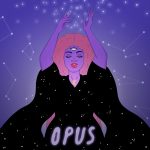
Atwood Magazine: I’d love to first talk about the art of curation. Adult Swim is no novice when it comes to compiling and curating new or old music. LUXE, Metal Swim 2, and now Opus – each contains a purposeful selection of songs and artists that embody the theme of that specific compilation. When approaching it, what is your headspace like?
McKnight: I’m constantly making playlists and mixtapes to suit my feelings or match a particular vibe, so I’m always actively listening to something or going down the rabbit hole to find a new sound or genre I hadn’t heard of before. When I was curating LUXE, I thought about how I wanted that album to make other people feel; lush, luxurious, contemplative, soothed. For Opus, I didn’t really box myself in with a particular vibe or aesthetic and instead pulled together artists who I have been drawn during my musical explorations to or who were recommended to me by a friend.
With that in mind, how did the process of bringing these artists together for Opus go? Were there artists in mind from the start or is there a progressive flow of new ideas as the process unfolds that lead to new avenues of artists and sounds?
All: With the particular theme of this album, we wanted to build a compilation that was as broadly representative of the female experience as possible. For us, that meant not just looking at genre, but also making sure to include trans and cisgender women from a variety of ethnic backgrounds, geographical regions, musical training, and artistic focuses. You can be a female musician and never broach it in your material, or be heavily inspired by it, or land anywhere in the middle; it’s all valid.
Sterritt: I really enjoy the curating process. I get to reach out to artists I’ve been really looking forward to working with, like Fire-Toolz; her music is so unique that I could hear it and know it’s her without being told. But I’m also constantly rebalancing a mathematical formula of genres and backgrounds in my head as we confirm musicians. I end up discovering new artists as I’m looking at areas we’re light in; that’s how I found Maral, whose mix of classical folk instruments with electronics is extremely up my alley.
McKnight: I wanted to focus on artists who used their music to share a life experience that was different from my own. I specifically sought out women who came from immigrant families or immigrated to a new country during their lifetime as their voices are often the least represented but they have the stories I’m the most interested in hearing. I was really drawn to Diana Gameros, a wonderful guitarist and songwriter, who immigrated with her family to the US from Mexico when she was a teenager. I chose one of her Spanish tracks since I felt that speaks to such a beautiful part of her experience as a Latina living in a new country while also dealing with the feeling of loss of not being in her native land. Similarly, SUNDÉ is from Congo and came to the US as a refugee; I read her story at Color & Rhyme and found the way in which she wove her story into her music really meaningful, and I am thankful she allows us listeners to hear how her worldview has been shaped by the events in her life, specifically in her 2020 album Brok(en) English.
Vlasan: One of the original titles we brainstormed on was Made, referencing self-made. We wanted to bring attention to the fact that underrepresented artists are carving out their own space and creating their own opportunities. That’s what I had in mind when discussing artists with our Opus team. Drea Real is an artist from South Florida, where I grew up, and I’ve been following her career for years. Linqua Franqa is an artist from Athens, GA who’s not only a talented musician and lyricist but also an activist and local city commissioner who’s actively working to improve her community. Los Bitchos is an insanely fun band from the UK and an excellent recommendation from our Adult Swim coworker Jocelyn Shelton, who has incredible taste in music. I really admire all these artists for what they’ve built with their music and the impact they’re making on their community and listeners.
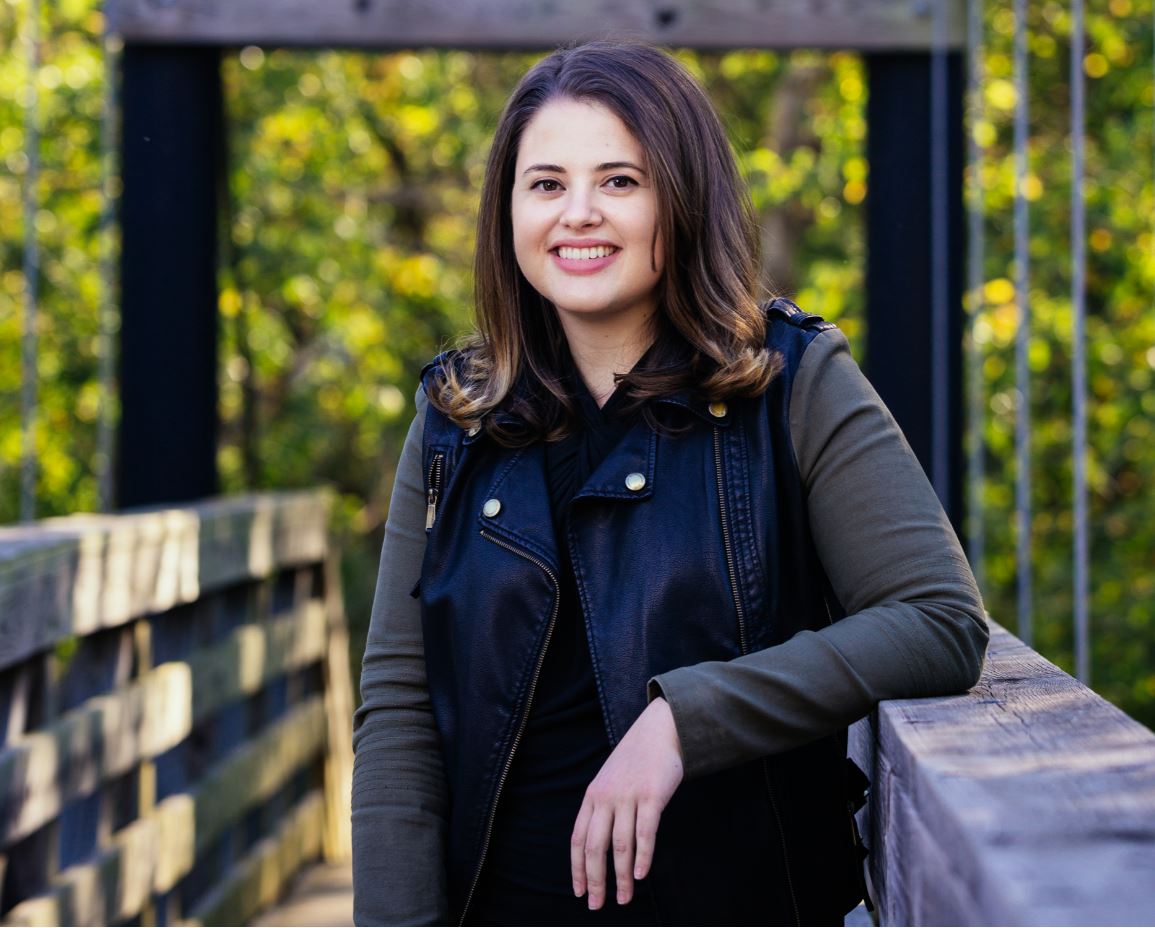
On the production side, I’d imagine a compilation is its own challenge. With so many varying artists with their own unique brand of sound and voice, making it all a cohesive experience must present itself with some special obstacles. What is the method towards making it all come together?
McKnight: One of Adult Swim’s main tenets as a brand is to act as a patron of the art and music we enjoy. When it comes to creating a compilation, we take all of the individual tracks and package them to suit our needs – but never require that identity or brand to be attached to any of the artists involved. It allows us to make something we are proud of as producers and writers, that fans will enjoy and be excited about, and also benefit the artist while not encroaching on their voice or vibe. The artists can interact with the brand and their inclusion on the mixtape in whatever capacity they’re comfortable with and we’re simply honored they’ve granted us the use of their work in this instance. This ultimately gives us creative leeway to make something that feels like Adult Swim while not really asking much from the artist unless they want to provide it.
Another advantage to Adult Swim is that we don’t really have much that “defines” us or a model that we have to operate in when it comes to what we share with our fans. Fans are okay with us saying, “hey, we made this thing we like, check it out” and not having it be something that needs to feel like it’s a part of a larger corporate marketing effort. In this case, it is part of a campaign – serving as a closing touchpoint for Women’s History Month – but it’s something we’ve built organically and is a means to highlight the work of female musicians that we enjoy. We hope that showcasing them on our platform helps benefit their career in the long run in the way it has for others in the past.
Opus’ mission of amplifying female artists is an important one, and through the multiple genres and voices present here, I feel that mission is being accomplished. Where did the idea for Opus come from?
Sterritt: We are fortunate that the music program has a strong history of engagement with female artists, so it felt like a natural foundation for celebrating Women’s History Month this year. This past year has also been extremely dire for musicians who rely heavily on touring for income, so it felt like a valuable opportunity to offer some assistance and encourage our fans to also support these artists in whatever way they can.
Our VP of Production Chris Hartley brought us the initial idea of a compilation, so it’s been a female-driven production from conception all the way to the animation and voiceover of our on-air promotion. We started brainstorming ideas for the title and visuals, and landed on Opus, which is a grand piece of musical art, and plurally create an opera. We felt the same way about our musicians’ tracks being singularly incredible, and collectively forming a larger piece of art.
On the subject of amplifying voices, the continuation of linking to an artist’s Bandcamp to encourage direct support and connection is such an important move, given that the music industry and others as a whole has an insidious history of misogyny, lack of representation, and more. What are some ways you've been able to combat it, and what kind of advice would you offer to women who are just coming into the industry?
Vlasan: Part of our goal for Opus was to promote, amplify, and fund independent female musicians through direct monetary and marketing support. So I created a social strategy with Bianca Shamim from our marketing department to do just that. We featured the artists in stories on Adult Swim’s Instagram every Friday leading up to the album release. The :15-:30 stories give artists the Adult Swim platform to introduce themselves and their music directly to our fans. Plus, the stories have a swipe-up feature to the musician’s Bandcamp, where people can purchase music directly from the artist. You can check those out on Adult Swim’s Instagram highlights.
McKnight: Speaking to this solely as curators and producers, it’s our responsibility to recognize the ways in which artists may be at a disadvantage based on their lack of label, their gender, their race, their geographic location, etc. When curating this album, we sought out artists that we could directly support – through the license fees as well as driving back to their discography for further exploration or purchase – that would have the most direct benefit from our platform to advance to the next level of their career. If anything, I would like to give advice to other people in this industry more than the artists themselves. To those folks, I say: take time, look outside of what albums or artists hit your inboxes from labels or PR blasts, and take a chance on someone and their work. There’s a person on the other side of the equation and if you’re able to use your “force” – whether that be marketing support or the corporate bank account – to help that one person, it can change the trajectory of their career. I’ve seen this happen at Adult Swim for artists we’ve worked with. If you take that shot with them, it will reap dividends – I’m sure of it.
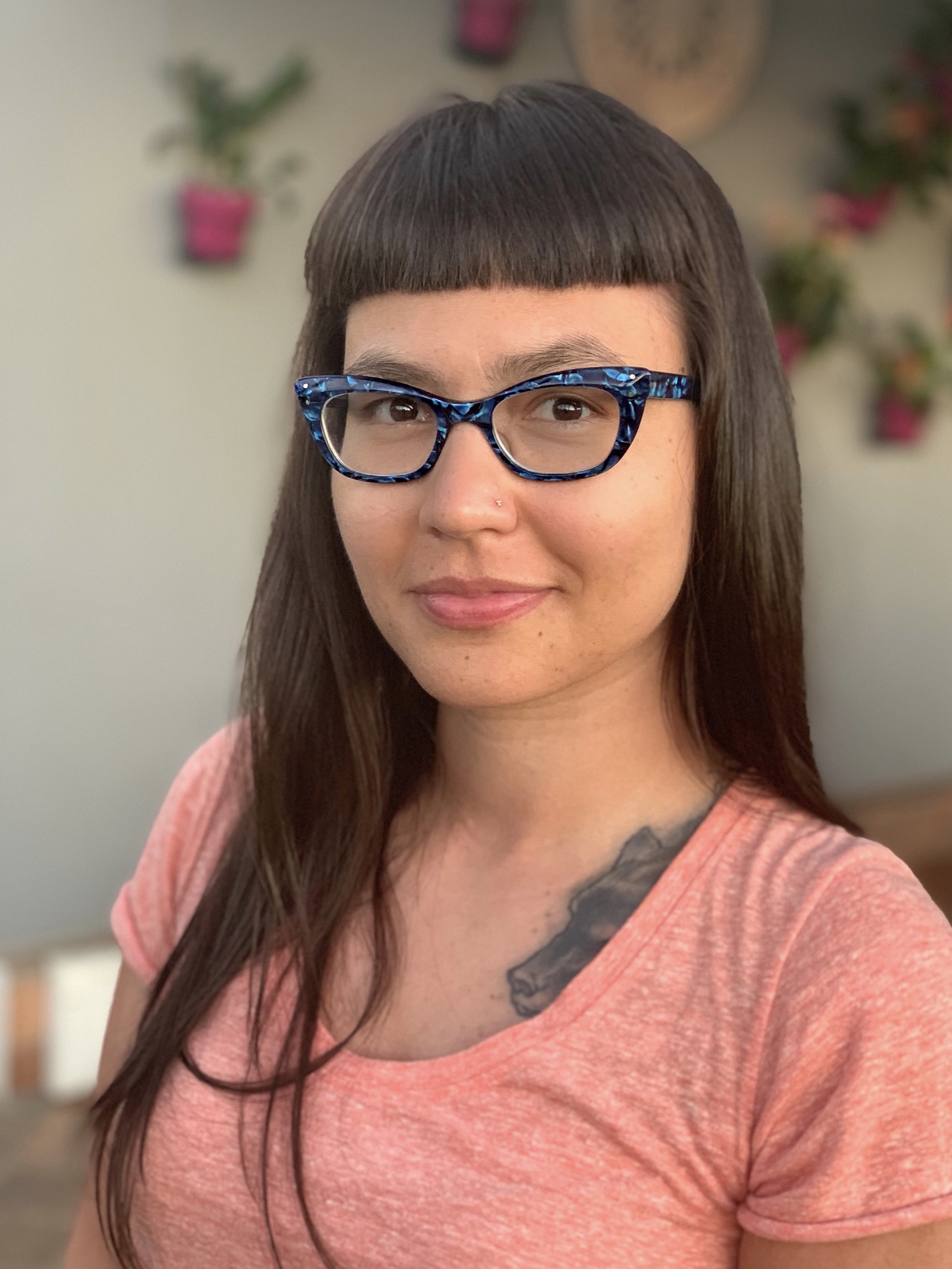
I’m imagining either new stresses or difficulties that stem from lockdowns or the civil unrest present on a global scale were crises that had to be maneuvered when creating Opus – or possibly not. Were there any unique challenges facing Opus that perhaps other compilations had not faced before?
McKnight: One benefit to this structure (licensing existing tracks from existing albums), which we also used on our Stimulus Swim compilation in 2020, is that we were able to get the artists confirmed for the project quickly and get them excited about the compilation as a whole since there were very few actionable things that the artist needed to do on their end in order to be included. It also allowed artists to work safely as they didn’t need to go into a studio or provide anything new as part of this project. Lastly, by pulling tracks from existing projects, it also gives our fans instant gratification; if they hear something they like, they can go directly to the artist’s page and listen to the whole album (and ideally purchase the album!) that the track is from.
The visual element is also an imperative part, and the artwork by Robin Eisenberg immediately provides a celestial quality to this work. How do you think the art itself embodies the mission of Opus?
Vlasan: As lead on the Opus visuals, I wanted the cover artwork to align with the theme of the album. Each female musician is a unique constellation of sounds and themes, but collectively they create a full night sky of artistic expression. That imagery of stars and constellations is what led to our cover art and marketing materials. Naturally, my first choice was Robin Eisenberg, who is an artist I’ve worked with in the past. I’m really captivated by the relatable yet surreal nature of Robin’s iconic work. Her art feels like an alternate universe I want to live in. Plus, Robin is not only an illustrator but also an animator. I produce and direct the Adult Swim animated IDs with our senior producer, Vanessa Palacios.
Over the years, I’ve commissioned animation from a wide range of diverse and international artists for on-air and social. So I wanted the cover art to not only live as an illustration, but to come alive as Adult Swim’s official 2021 IWD animated ID, and also as a captivating animated loop for the Opus streaming site. For me, it was important to create a cohesive visual presence that tied together the album theme, the animation, and the music. Robin’s artwork does just that.
With Opus so close to being heard by audiences everywhere, what is something you’re hoping listeners can get out of this compilation?
McKnight: I hope listeners will hear something they like but also hear a perspective or a story that is outside of what they currently listen to, are familiar with, or what they might be served through another listening platform. Spotify, Apple Music, and Pandora can always share music recommendations based on their algorithms but, hopefully, something that’s been more thoughtfully curated without the aid of a machine will give people something new to enjoy that they maybe wouldn’t have considered.
Sterritt: There are pros and cons to what online distribution has done for music, but one major benefit is how easy it is to discover an artist you love and directly support them. This could mean buying their music in just a few clicks on Bandcamp, or, if you’re not in a financial position to do so, recommending their discography to friends or boosting a link across social media.
Vlasan: It’s incredibly important to highlight female musicians and give them the credit they absolutely deserve. But also, my hope is that listeners will enjoy the compilation because these artists are talented regardless of their gender. It’s not hard to diversify your playlists, and you might actually discover your new favorite artist in the process.
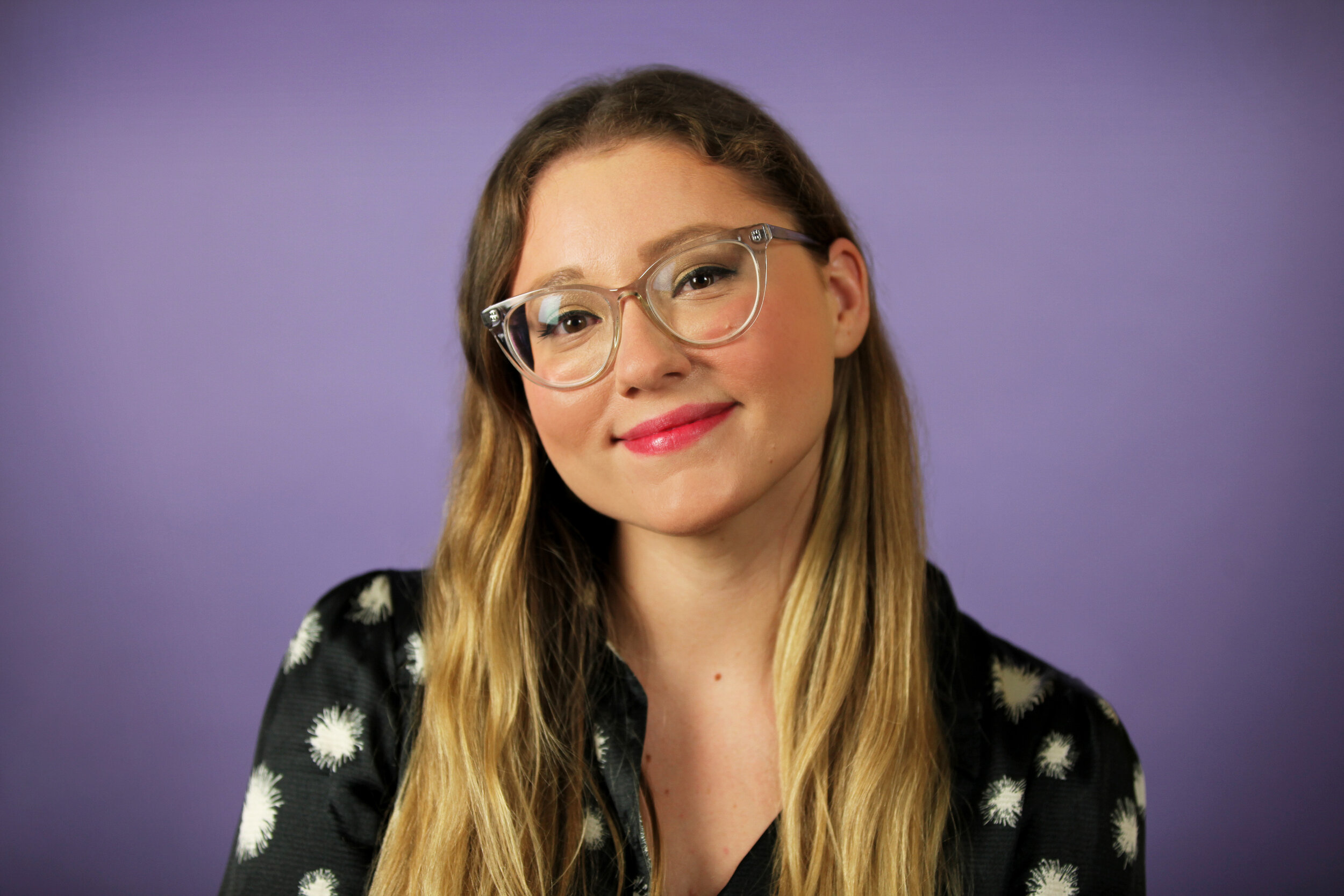
Given Opus’ theme - along with Women’s History Month as a whole - I’d love to use these last two questions to hear your own voice. With that being said, what kind of space do you each want to carve out for yourself as a woman in this industry?
McKnight: I think so much of the music industry deems success in terms of album sales and press pick up and I want my space in the industry to be someone who uses and amplifies art that I enjoy, rather than something that needs to be held to any expectation or weight. When I work with creators at Adult Swim, I want them to feel like they’re working with an actual person who appreciates their perspective and art and who is putting them at the center while I’m building out programs or plans. It’s important for me to have artists – especially those who are a part of underrepresented groups – feel supported and that I’m considering their needs when drafting license agreements or working out payments. I am who I am because of the art of others and treating their craft as the gift it is is the most important thing for me to project in my career.
Vlasan: As a woman in animation, I want to continue writing, directing, and producing animated content through my own worlds. I am passionate about creating short-form animation for on-air and social, and I am working on creating my own adult animated series. My work centers around female-driven dark comedy that subverts the assumptions society has about women – through surreal, unexpected and, at times, pretty harrowing twists.
Sterritt: Whenever I see people using the term “tastemaker” in regards to new music, it seems to be exclusively for men. So that would be a label I would like to earn through my work, and help expand the model for more tastemakers of marginalized genders.
Lastly, how would you challenge these industries in order to increase meaningful representation and provide better support for women?
Vlasan: To increase meaningful representation, it’s not just enough to hire diverse artists. Industries across the board have a tendency to seek out already fully formed artists, but, usually, those are artists who have already had access to opportunities, wealth, and privilege. I think it’s even more important to invest in artists by actually taking the time to mentor, collaborate with, and listen to women and BIPOC creators.
McKnight: Echoing some of what Laura and Anca said previously, in order to really support women – or anyone of a community which you are not a part of – you have to do the legwork to explore beyond your own experience. You need to explore other cultures and languages and genres to broaden your perspective, and ultimately that will grow the pool of folks you might work with in the future once you see beyond the “bubble” you’ve likely built for yourself. I see so many genres or styles of music completely discarded by people because they think it’s “not for them” simply based on the folks that make up their fan base or what types of subgenres they fall into. You don’t have to be female to like an artist like the Spice Girls, you don’t have to be Latinx or speak Spanish to like someone like Bad Bunny, you don’t have to be of Asian descent to dive into K-Pop, you don’t have to be Black to appreciate someone like Erykah Badu. By only assuming a particular art is for a specific demographic, you’re completely dismissing their work and also continuing to exist in a world that validates your own experience and doesn’t consider the world as a whole.
Sterritt: To be blunt, I would challenge men, and even some white women, to actually care. Not performative caring, like bland social media statements, but putting your money where your mouth is and taking the time to search out and pay female artists. Don’t just leave the work to women, and especially trans women and Black and Indigenous women, to address issues of diversity. Being passively supportive means you’re not an ally, you are still allowing an unfair system to function as is.
— —

Connect to Adult Swim on
Facebook, Twitter, Instagram
Connect to Shannon McKnight on Twitter
Connect to Laura Sterritt on Twitter
Connect to Anca Vlasan on Twitter
Discover new music on Atwood Magazine
? © Robin Eisenberg

